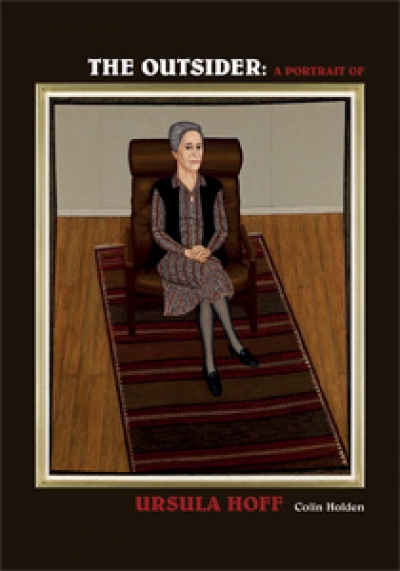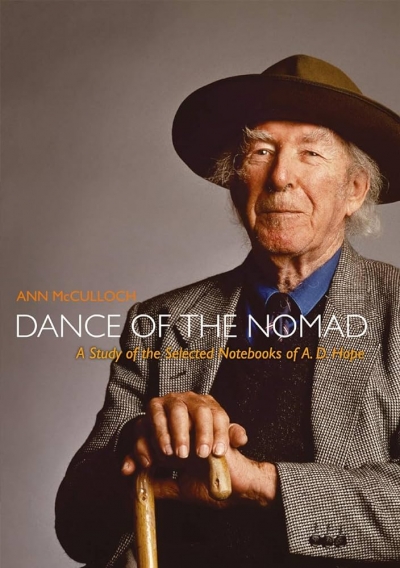The publication of Miles Franklin’s diaries, written during her years in Australia from 1932 until her death in 1954, must be one of the year’s major literary events. events. Franklin, who frequently lamented her relative neglect in the contemporary literary culture of the 1930s and 1940s, has become steadily more and more visible since the 1970s, when international feminism discovered My Brilliant Career (1901). Meanwhile, much of her continuing significance is due secondarily to the extensive biographical research by Jill Roe and others.
Primarily, Paul Brunton’s source is the enormous archive of letters, manuscripts, reviews, notebooks, and diaries that Franklin left to the Mitchell Library. Brunton has mined this archive with great sensitivity and fine scholarship. This volume has a balanced introduction placing the entries in the context of Franklin’s life, explanatory footnotes through the text, a glossary of names, a bibliography of Franklin’s published works, a list of manuscript sources, an index and photographs. An occasional editorial note is inserted tactfully as a biographical signpost.
...
(read more)






